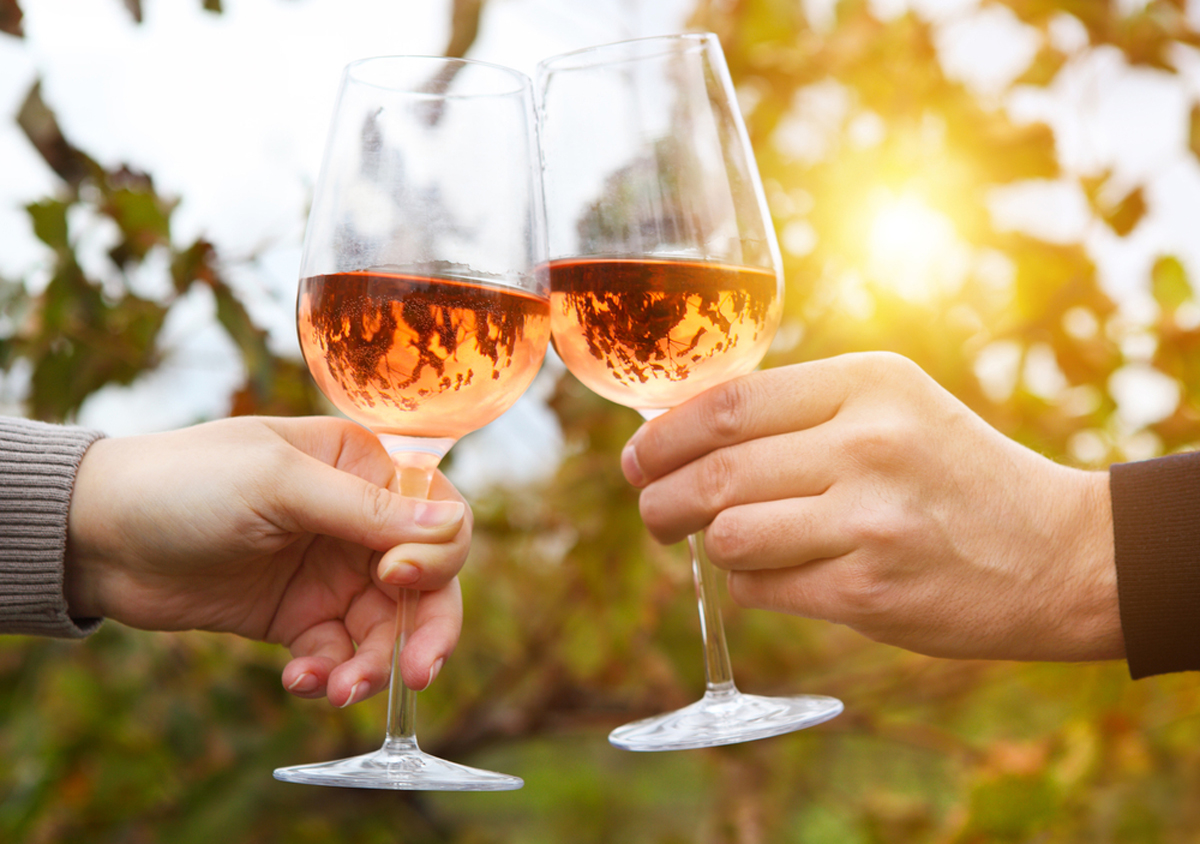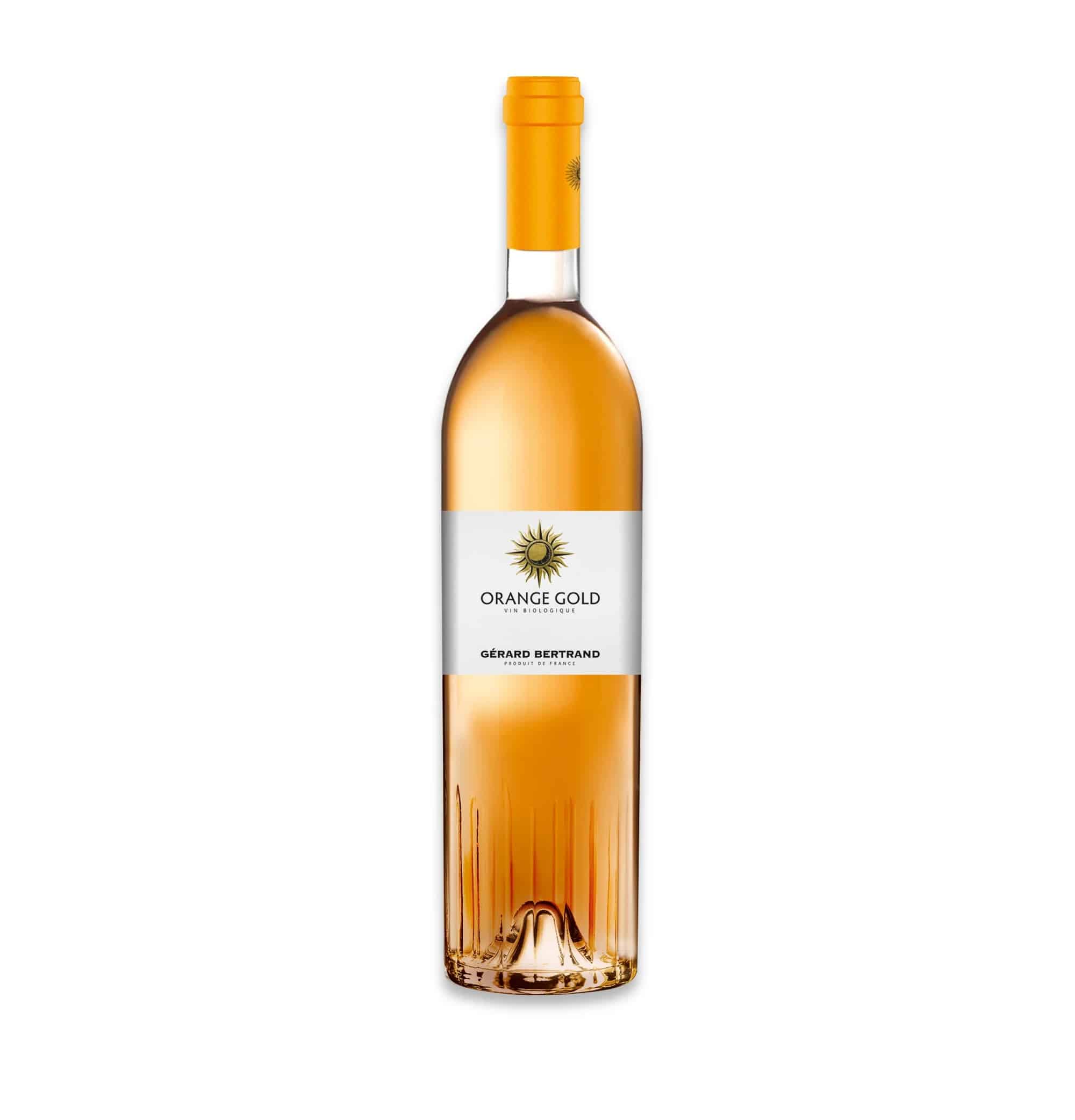Everyone knows that there is white, red or rosé wine. Some also like to talk about the yellow wine from Jura or the grey wine, even paler than traditional rosé. But did you know that there is another, even more… original wine color?
Orange wine, often considered the fourth wine color after red, white, and rosé, is actually one of the oldest types of wine in the world. Its unique color comes from a winemaking process that treats white grapes similarly to red grapes, by skin maceration. This method, which dates back millennia, gives the wine a range of complex flavors and textures, thereby distinguishing it from traditional white wines.
But what is orange wine?
One might think that it’s just a simple trend… However, this is not the first time that orange wine has (re)started to make itself talked about. Already at the end of the 2000s, an “Orange Wines” appellation was launched in the United States, while Italian winemakers even tried to rework the color as early as the 1990s.
But in reality, the origins of orange wine date back more than 8000 years in the region of present-day Georgia, where it was produced in large clay jars called qvevris. These ancestral methods, recently rediscovered, have gained in popularity among modern winemakers looking to experiment and return to more natural and less interventionist winemaking techniques.

How is this particular wine made?
The process of making orange wine involves the maceration of white grape skins with the juice for an extended period, ranging from a few days to several months. This technique extracts not only the color but also the tannins, giving the orange wine its characteristic texture and a complexity of flavors that can greatly vary depending on the grape variety used and the length of maceration.
The diversity of orange wines reflects the variety of winemaking techniques and terroirs. These wines can vary significantly in terms of taste profile, ranging from fruity and floral notes to more herbaceous or spicy flavors, thus offering a broad tasting palette to wine enthusiasts.
In France, it is mainly in the southern regions that we find the most popular vintages: Les Jamelles in Languedoc, the Jeff Carrel’s Villa des Anges or La Jasse from Domaine Gauby, near Perpignan, who produces under the Protected Geographical Indication Côtes Catalanes. But if there is a name that contributes to the popularization of orange wine among us, it is indeed Gérard Bertrand.
The one who presents himself as a “lover of local produce” wishes today to “bring this historical wine back into vogue”. It is with this intention that the house has produced the Orange Gold, a certified organic orange wine “endowed with a beautiful freshness, light tannins and a subtle natural acidity”.

What does orange wine taste like?
On the tasting side, lovers of white wines should not expect the same delicious characteristics as from their favorite color. The orange wine distinguishes itself by a tannic presence, as it is fermented with the grape skins.
Its taste is truly unique and distinctive, due to its manufacturing process, with the maceration of white grape skins with the juice. Complex and sophisticated, orange wines can present a range of flavors from fruity and floral notes to more herbaceous or spicy flavors, thus offering a wide tasting palette for wine lovers.
It should be noted that the length of maceration can influence the taste profile of the wine, with significant variations depending on the grape variety used and the duration of contact with the skins. Moreover, this structure gives them a storage potential, making them capable of accompanying a wide variety of dishes.
Furthermore, the presence of tannins can offer a slightly astringent sensation in the mouth, similar to the one that can be found in some red wines.
One thing is certain, with its rich history and complexity of flavors, orange wine offers a unique tasting experience that defies traditional categories. All of its characteristics make it an interesting choice for wine lovers in search of new taste experiences.
Alcohol abuse is dangerous for health – Consume in moderation

